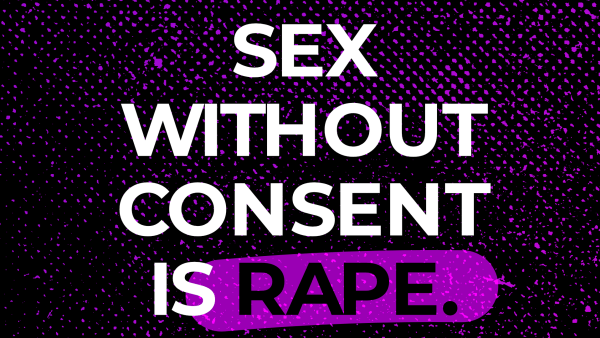To mark International Women’s Day 2021, the S&D Group held a two-day online event: Covid-19: Overcoming new Challenges to Gender Equality, organised in the frame of the Sixth Progressive Youth Forum, in co-operation with our partners PES Women, FEPS, FES, YES and EWL.
Following a day of workshops on Thursday for young people, the S&D MEPs working on gender equality issues and the EU Commissioner for equality, Helena Dalli, discussed today on how to tackle the negative impact of the Covid-19 crisis on women, and better build back gender equality.
The S&Ds sounded the alarm: a year since the start of the pandemic, we have increasing evidence showing that the Covid-19 crisis threatens to jeopardise decades of gains achieved in gender equality, because women are dropping out of the labour market, and traditional gender roles are being reinforced. Women are harder hit by the outbreak and fallout of the Covid-19 pandemic than men, and even harder than by the 2008 financial crisis, because this time, especially precarious work and sectors in which women make up the majority are affected*.
S&D Group president, Iratxe García Pérez, who opened the discussion said:
“This year’s Women’s Day is different. The crisis has only worsened the situation of women with precarious, low-wage or part-time jobs. The experience of previous crises shows that it is much more difficult to rebuild female than male employment. Gender-based violence has also increased because women have been forced to stay with their abusers during the lockdown, and the pandemic has also restricted the access of victims to support services.
“This is why it is very important that all the measures and recovery plans take into account the gender perspective. We must guarantee investment to boost job creation, reduce the pay gap, prevent poverty and social exclusion, and strengthen care services for children and other dependent persons, so that more women can take part in paid work.
“We as S&Ds ensured that the national Recovery and Resilience Plans that members states will have to submit, must include an explanation of how the measures stated in the Plan are expected to contribute to gender equality and equal opportunities for all, as well as the mainstreaming of those objectives.”
S&D spokesperson on women’s rights and gender equality, Maria Noichl MEP, said:
“Especially during this global pandemic we cannot put gender equality issues on hold. This year has shown that women are leading the way through the pandemic, working as health care workers and other essential jobs, such as retail, education and care-taking of children and other dependent persons. This must not be forgotten afterwards. The pandemic and its economic aftermath have to include the gender dimension to get Europe back on its feet, we cannot just mention it once a year on women’s day and ignore it the rest of the year.
“Yesterday was a good day for women, as the European Commission has finally proposed a Directive to introduce pay transparency measures - a first and necessary step to end discriminatory pay differences between men and women. This is just a start. We call for fair minimum wages throughout all the EU, the swift revival and adoption of the Women on Boards Directive as well as the so-called Anti-discrimination Directive, and the ratification of the Istanbul Convention to eliminate violence against women. Because there cannot be fairness, democracy and equality without men and women enjoying truly equal rights.”
Notes to editors:
According to UN Women, the poverty rate for women was expected to decrease by 2.7% between 2019 and 2021, but projections now point to an increase of 9.1% due to the pandemic and its fallout.
*Eurostat data shows that, between April and September 2020, more women than men lost their jobs: the unemployment rate for women increased from 6.9% to 7.9%, while that of men rose from 6.5% to 7.1%. The pandemic also pushed more women than men into inactivity (meaning, effectively, that they dropped out of the labour market). It is estimated that 4.2 million temporary and 1.6 million part-time European workers lost their jobs since March last year, the majority of them women.
The sectors that have been affected the most by the pandemic are also the sectors that are highly feminised and are characterised by a high share of precarious work and even undeclared work, among them the accommodation and food services, as well as the arts and entertainment services. The European Institute for Gender Equality (EIGE) estimated that 1.8 million jobs were lost in the accommodation and food services, and women covered about 1 million of those jobs.
S&D MEPS participating in the event were: Heléne Fritzon, S&D Group vice-president, Evelyn Regner, chair of the FEMM committee, Marc Angel, co-president of the European Parliament’s LGBTI Intergroup, Robert Biedroń, vice-chair of the FEMM committee, Maria Noichl and Maria-Manuel Leitão Marques. PES Women president Zita Gurmai also joined the discussion.
You can watch the recording of our event here: Covid-19: Overcoming New Challenges to Gender Equality
Link to the video: 8 March 2021 - International Women's Day - YouTube













